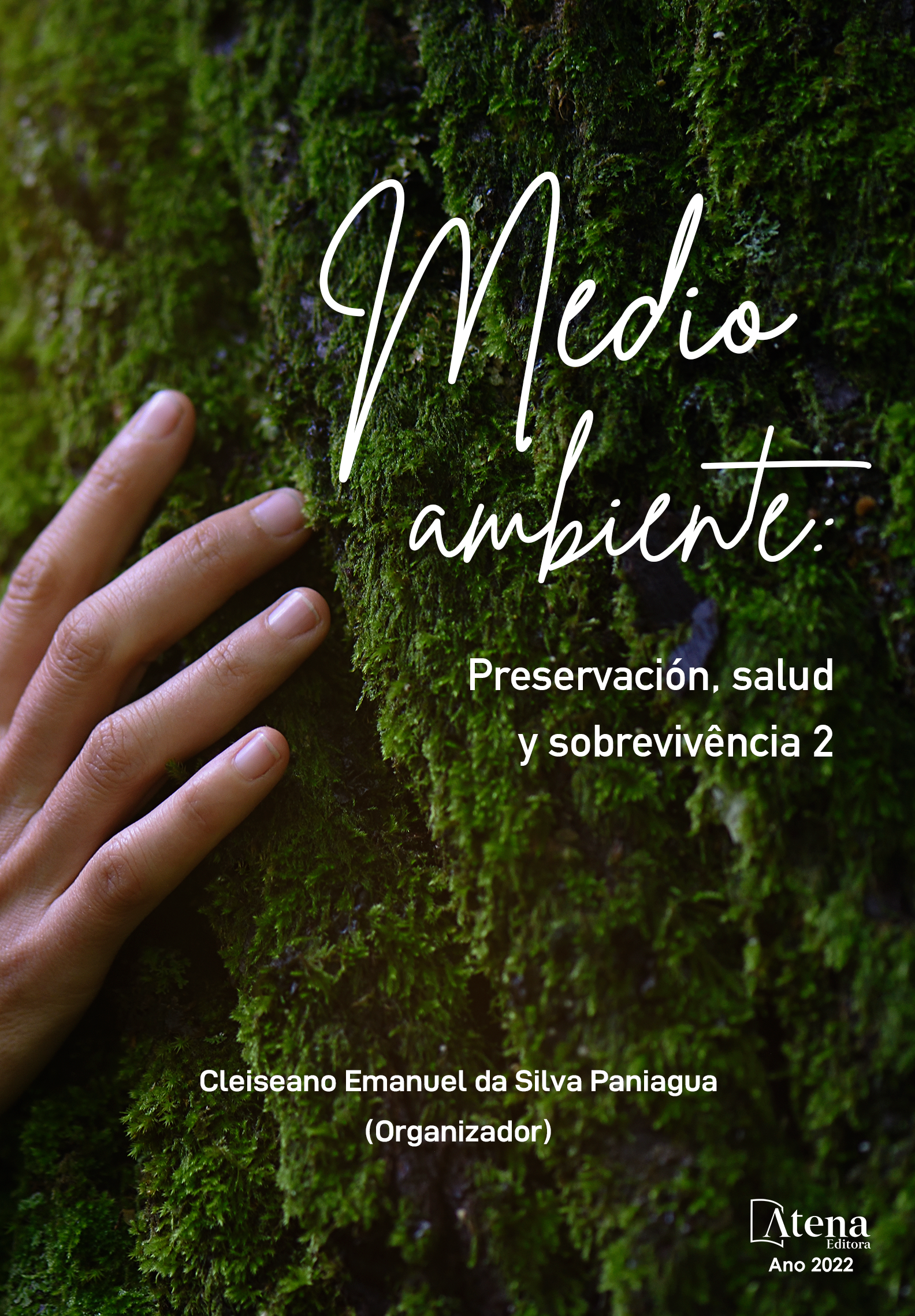
ENVIRONMENTAL EDUCATION FOR DWELLING AS A SUSTAINABLE UNIT
-
DOI: 10.22533/at.ed.7052222071
-
Palavras-chave: -
-
Keywords: Dwelling; eco-techniques; water; climate change, education
-
Abstract:
Climate change affects the availability of water in housing, this phenomenon is lived largely by environmental variations in the world, and in Mexico given its location in the tropic of cancer, it is exacerbated by contrasting variations that decrease or increase rainfall. There is a decrease in the average annual rainfall recorded of 742.2 mm in the period from 1941 to 2018 (CONAGUA, 2020), for 2019 it was reduced by 3.2%,'' 2.7% in 2020 however for 2021, it had an increase of 3.68%, however despite the increase, currently in 2022, urban social housing suffers from water scarcity, generated both by the lack of capacity of the infrastructure of the Cutzamala system as well as the increase in real estate developments.
This shortage in housing in a governmental way has the emerging water supply program, however, given that this affects 4,568,635 of the homes in Mexico City (INEGI, 2020), it seeks to know how it is feasible to strengthen an environmental education that promotes the implementation of ecotechnics for the recycling of gray and rainwater, will improve the efficiency of this resource and contribute to generating a sustainable culture.
How it is possible for the inhabitants of urban social housing to be reconfigured from a sustainable education as actors that promote the application of technologies that contribute to a conscious and optimal consumption of water?
To do this, we started from a quantitative cross-sectional observational exploratory diagnosis to a random sample of 113 people from ten municipalities that attend CECYT 2 in the CDMX, with a closed questionnaire of 20 items, from the use of water in the sample under study, from knowing their perception regarding the provision of water, if they carry out any type of rainwater collection as well as reuse of gray water derived from washing clothes, as well as their willingness to learn the use of ecotechnics.
According to the exploratory study, which integrates housing of 10 municipalities of the metropolitan area of the Valley of Mexico (ZMVM), 75.2% consider having a relatively sufficient supply of water, 8.5% carry out water collection actions and 17.1% reuse the waste water from washing. Regarding their willingness to learn economic strategies on how to contribute to mitigating climate change with a rational and optimal consumption of water, 70.9% are willing to implement water recycling eco-techniques.
The use of natural resources has been a daily occurrence in housing and often does not reflect on its efficiency, however, when raising the possibility of implementing environmental and sustainable education strategies, learning how to make better use of natural resources in housing, of which respondents express their availability and reflect on the impact of their own housing to the common benefit in the environmental field, economic and social and contribute to climate change mitigation
-
Número de páginas: 13
- JR. Mayorga Cervantes
- Alma Leticia Garcia Hernandez


